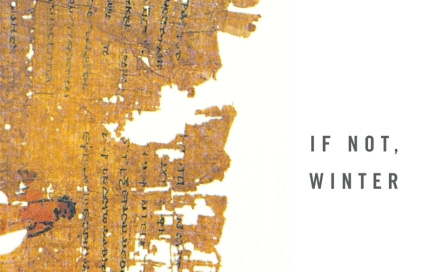“What I want to happen most of all
in my crazy heart….”
—Sappho
Last night I read the “Hymn to Aphrodite” aloud from Anne Carson’s translation of Sappho’s poetry, If Not, Winter. While I know the context is a person’s unrequited love for a woman, I felt religious stirrings in my heart. Lines from the prayer to Aphrodite sounded as though I was praying them to my God: “what I want to happen most of all/ in my crazy heart” was like a confession, and my request was “loose me from hard/ care and all my heart longs/ to accomplish, accomplish. You/ be my ally.”
Sappho’s place in the great books canon is regularly contested because of its subject matter, her biography, and the very little fragments we have left from what she wrote. “No other woman from early antiquity has been so talked about, and in such conflicting terms,” writes one scholar. “The sources are as sparse as the legends are manifold, and any attempt to distinguish between the two virtually hopeless.”
Keep reading with a 7-day free trial
Subscribe to The Scandal of Reading: Uncovering Holy Wisdom to keep reading this post and get 7 days of free access to the full post archives.



